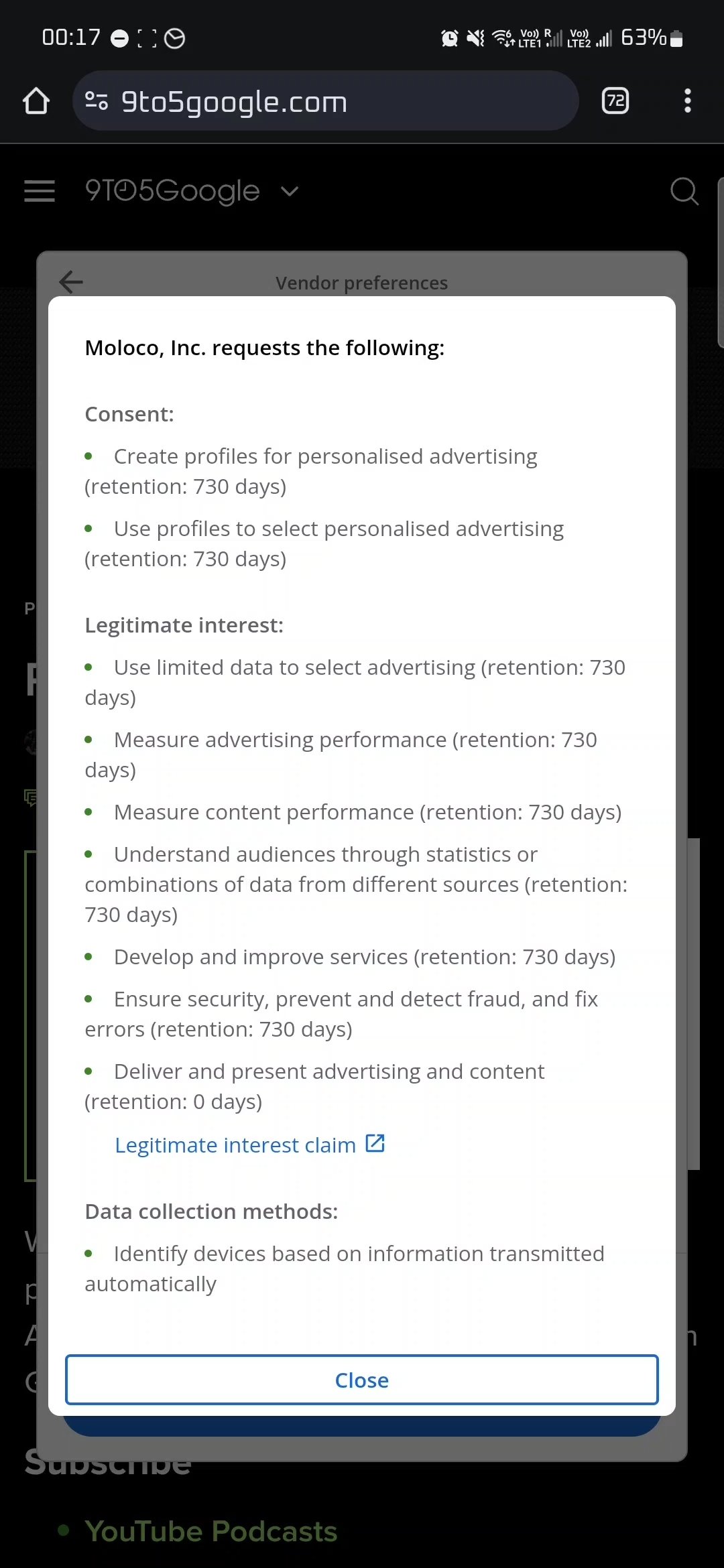this post was submitted on 25 Apr 2024
369 points (98.2% liked)
Privacy
32087 readers
487 users here now
A place to discuss privacy and freedom in the digital world.
Privacy has become a very important issue in modern society, with companies and governments constantly abusing their power, more and more people are waking up to the importance of digital privacy.
In this community everyone is welcome to post links and discuss topics related to privacy.
Some Rules
- Posting a link to a website containing tracking isn't great, if contents of the website are behind a paywall maybe copy them into the post
- Don't promote proprietary software
- Try to keep things on topic
- If you have a question, please try searching for previous discussions, maybe it has already been answered
- Reposts are fine, but should have at least a couple of weeks in between so that the post can reach a new audience
- Be nice :)
Related communities
Chat rooms
-
[Matrix/Element]Dead
much thanks to @gary_host_laptop for the logo design :)
founded 5 years ago
MODERATORS
you are viewing a single comment's thread
view the rest of the comments
view the rest of the comments


Legitimate interest is a way for the vendors to not need your confirmation. In general, your right to privacy is valued against the vendor's right to operate. The most often used example is advertisement: in general, vendors are allowed to advertise, as they want to operate and sell their products. But you have a right to your data (e.g. mail adress, home adress, interests...). So courts have to value what is more important. Another example that most people would agree is that clubs want to show what happens in the club, so they publish pictures from their activities (interest of club to show they are active vs personal right to your image). As not every case goes to court, most vendors see their interest as more important and interpret "legitimate" interest rather loosely. So in general, the idea of legitimate interest is compliant with the GDPR, although I believe most sites use it too liberal.